screen memories
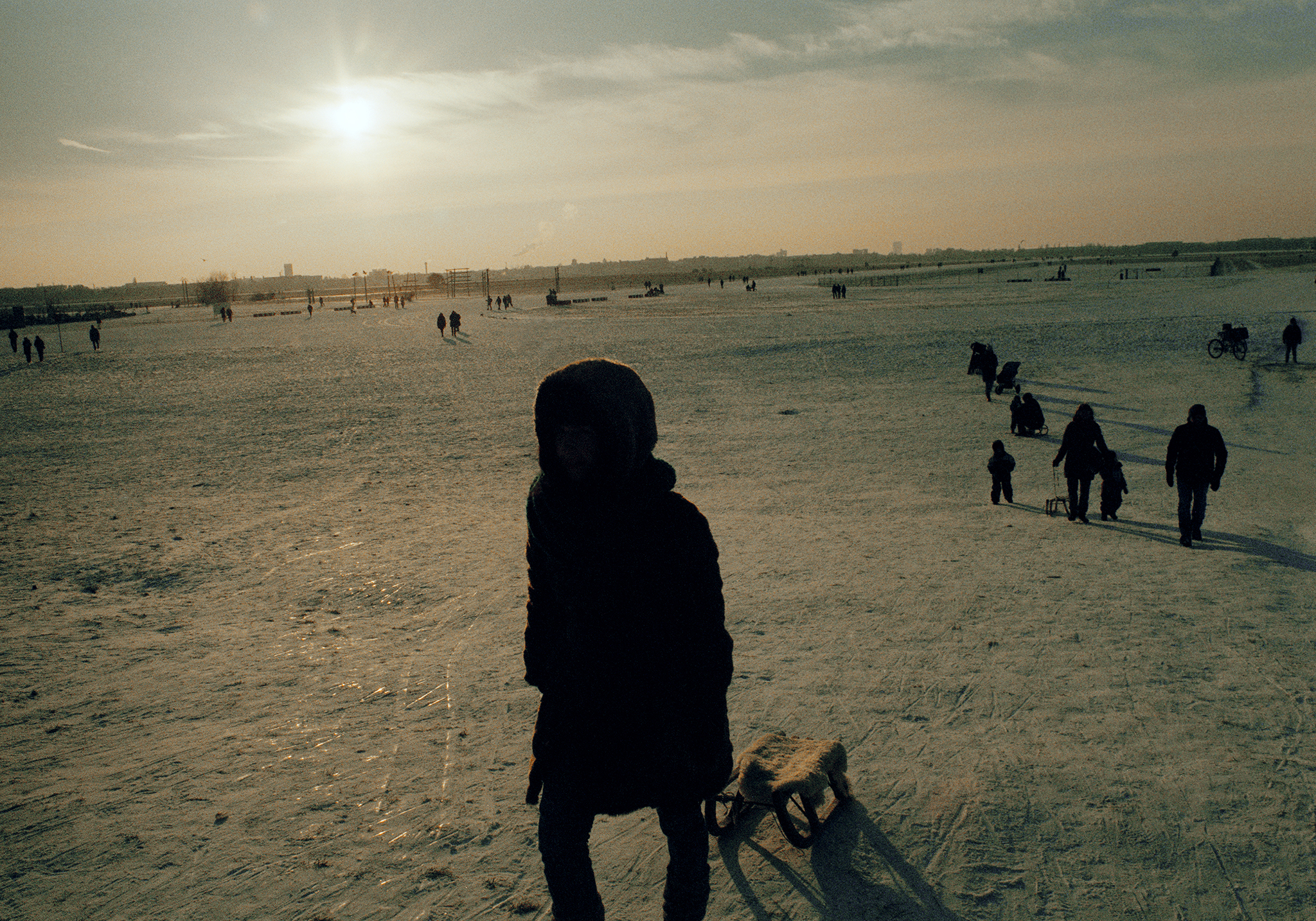
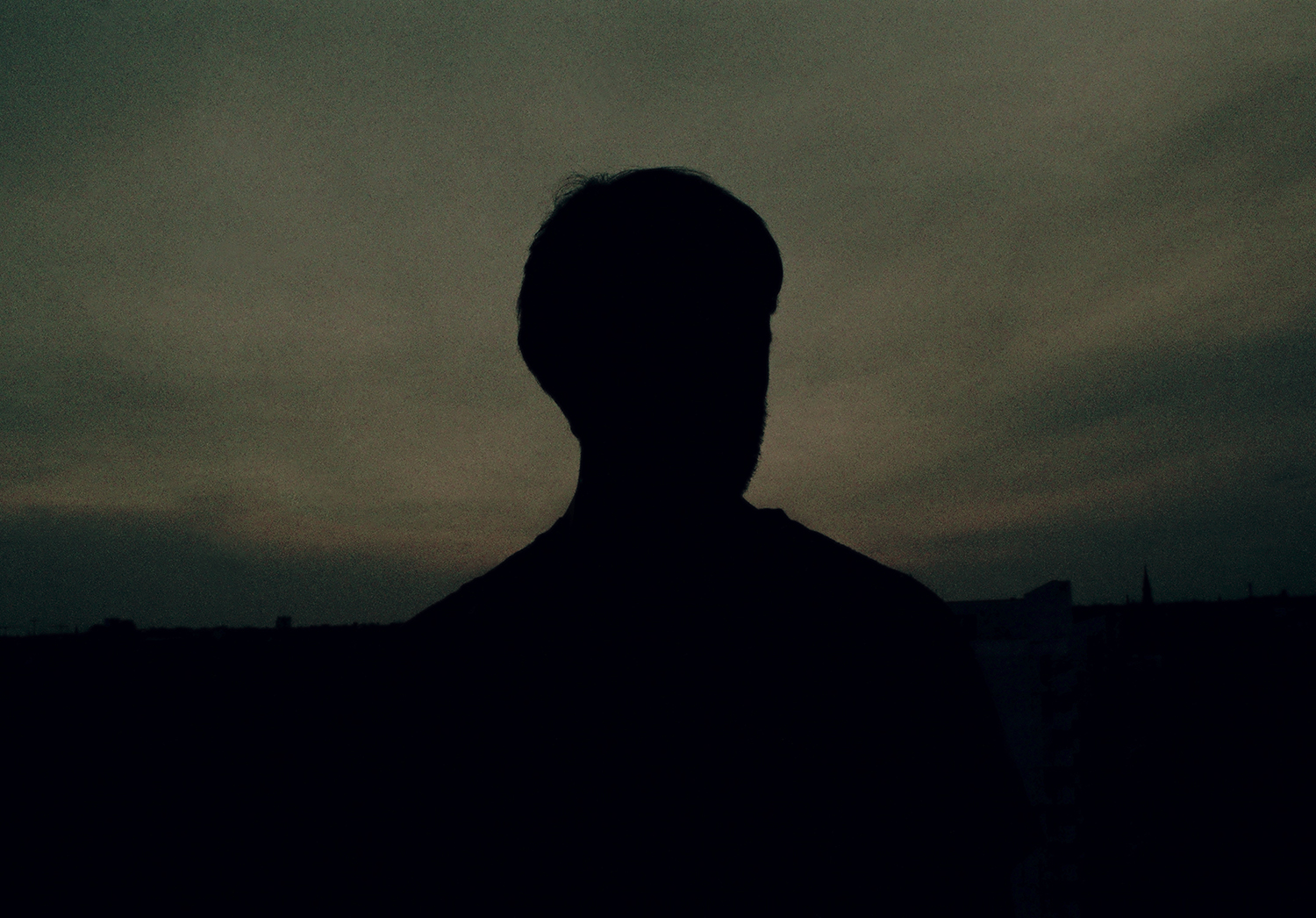
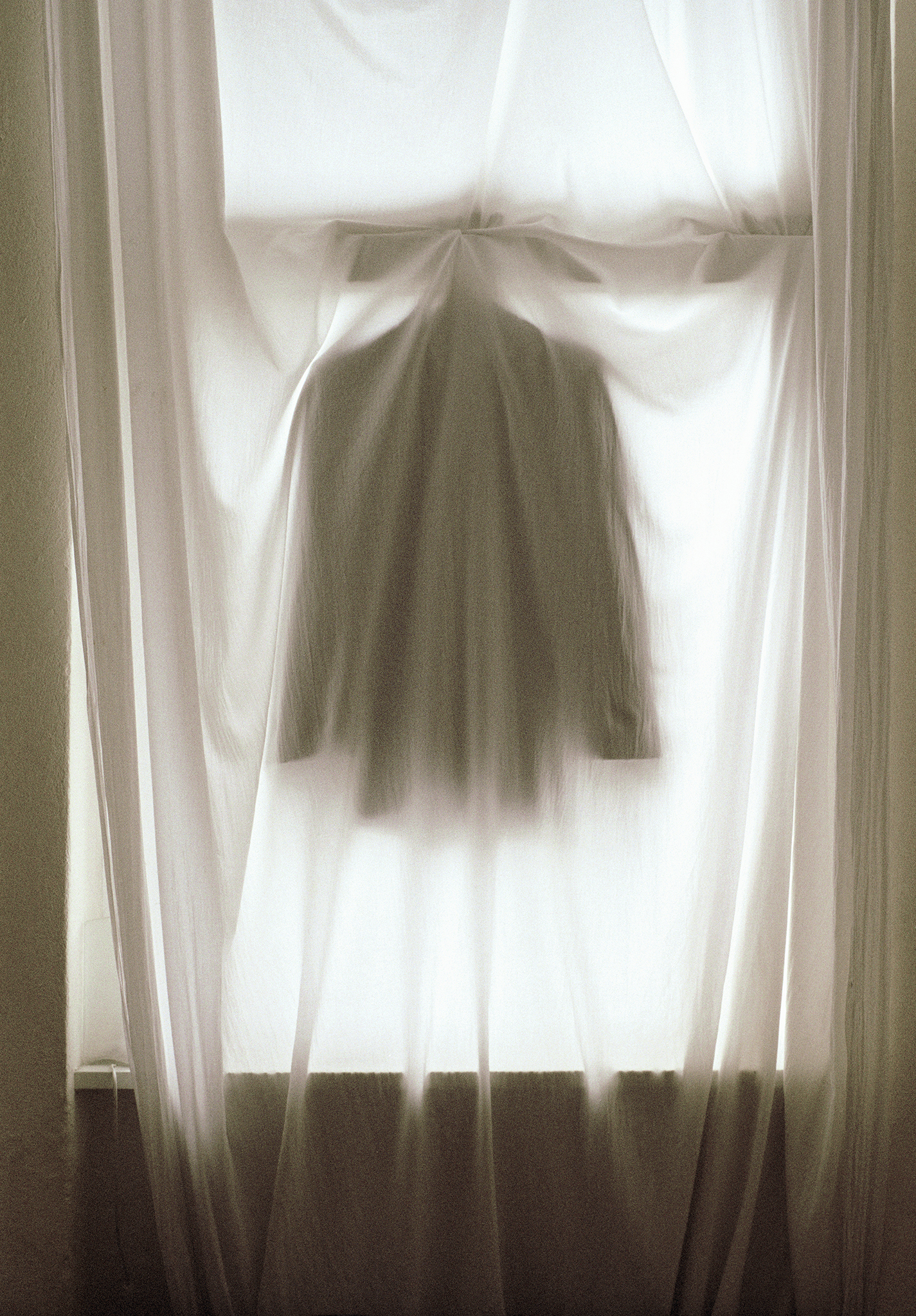

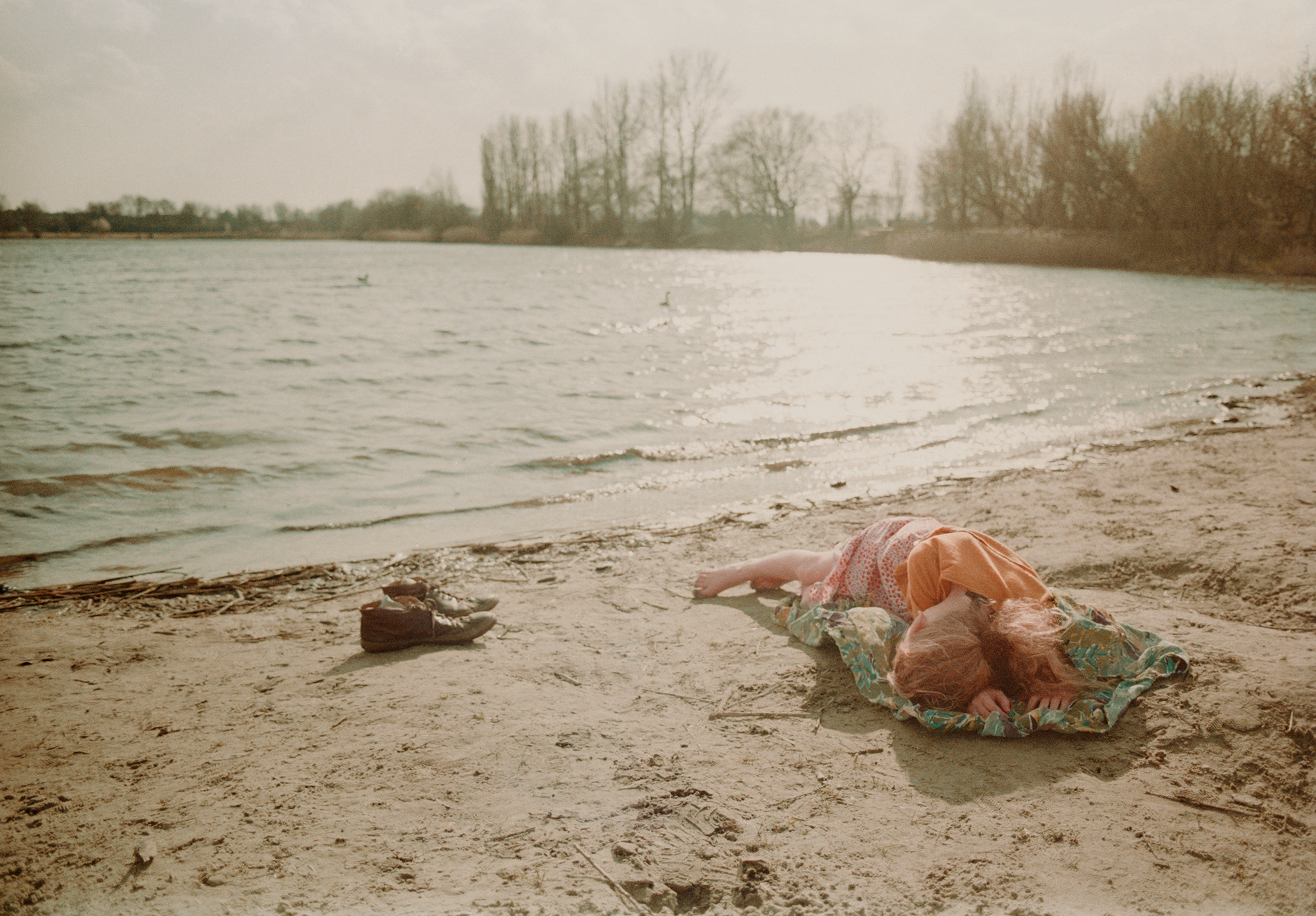

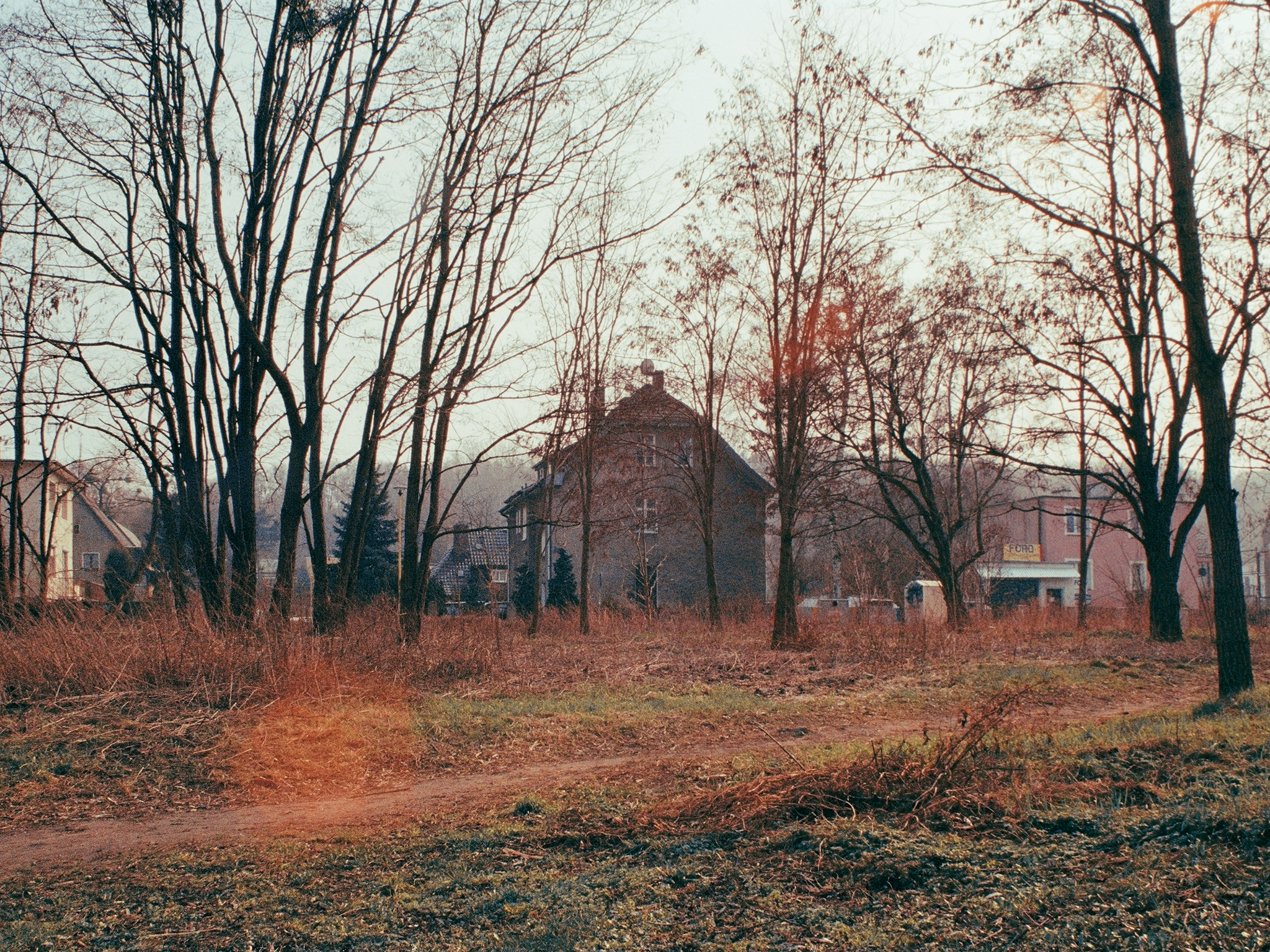

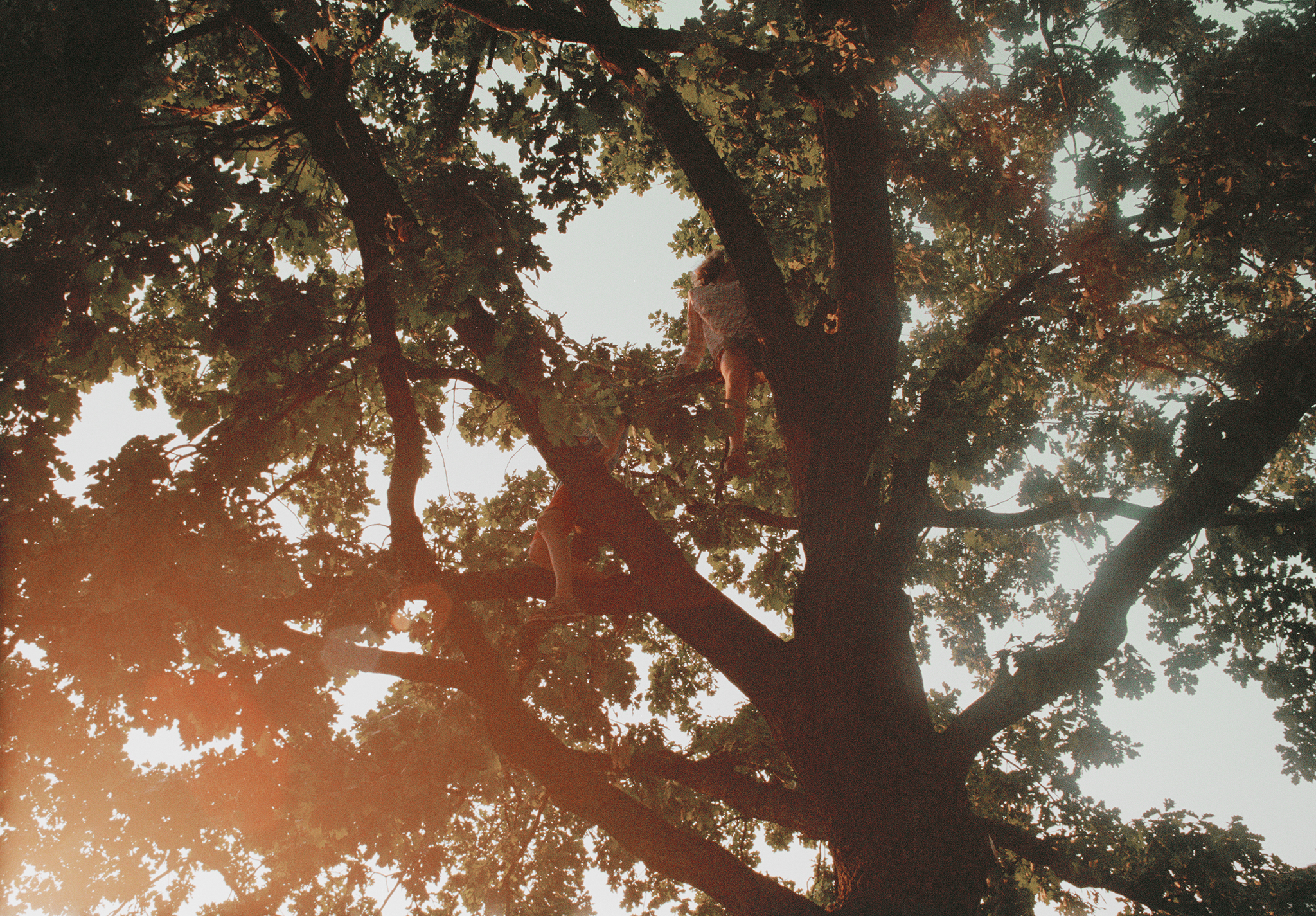


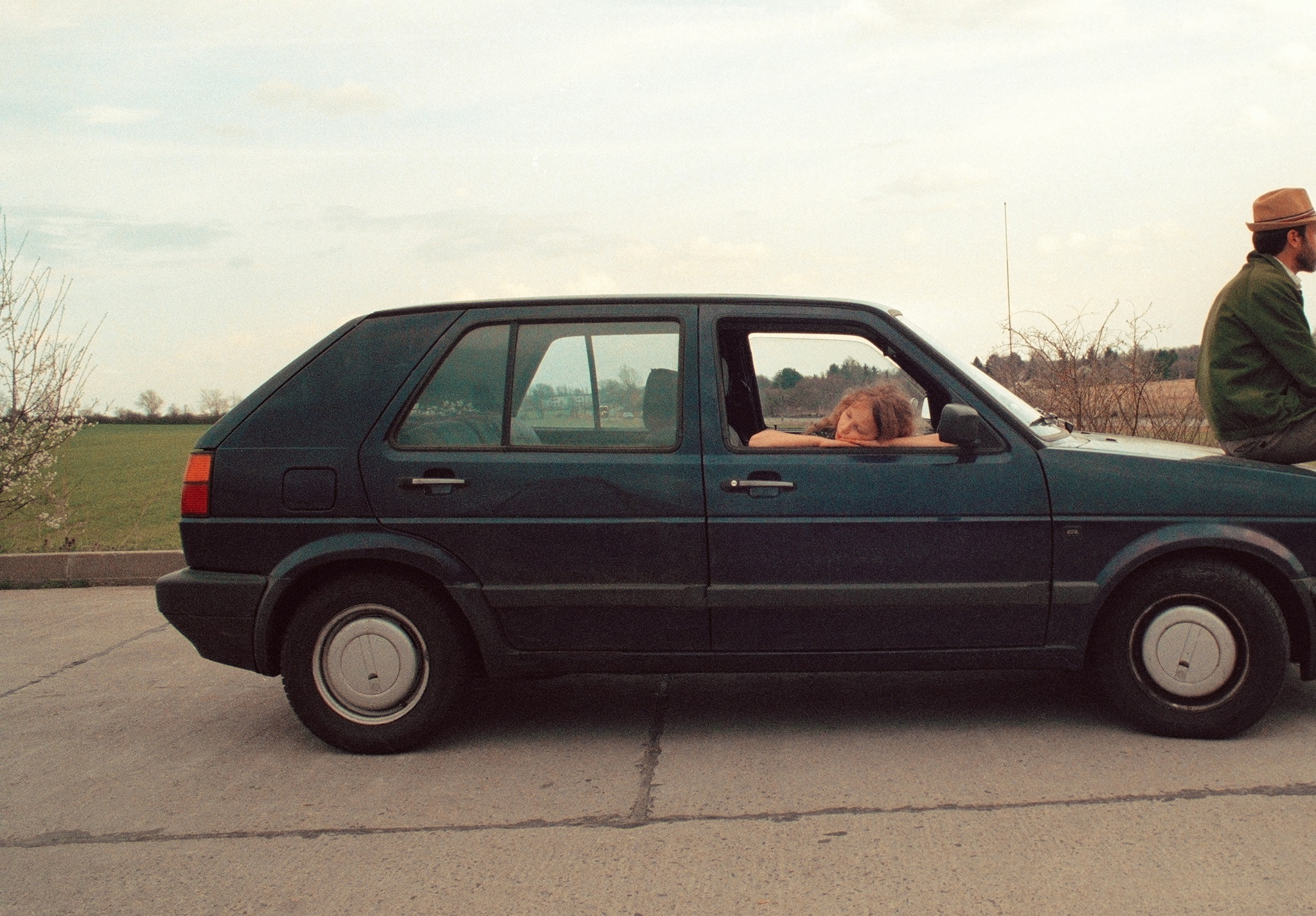

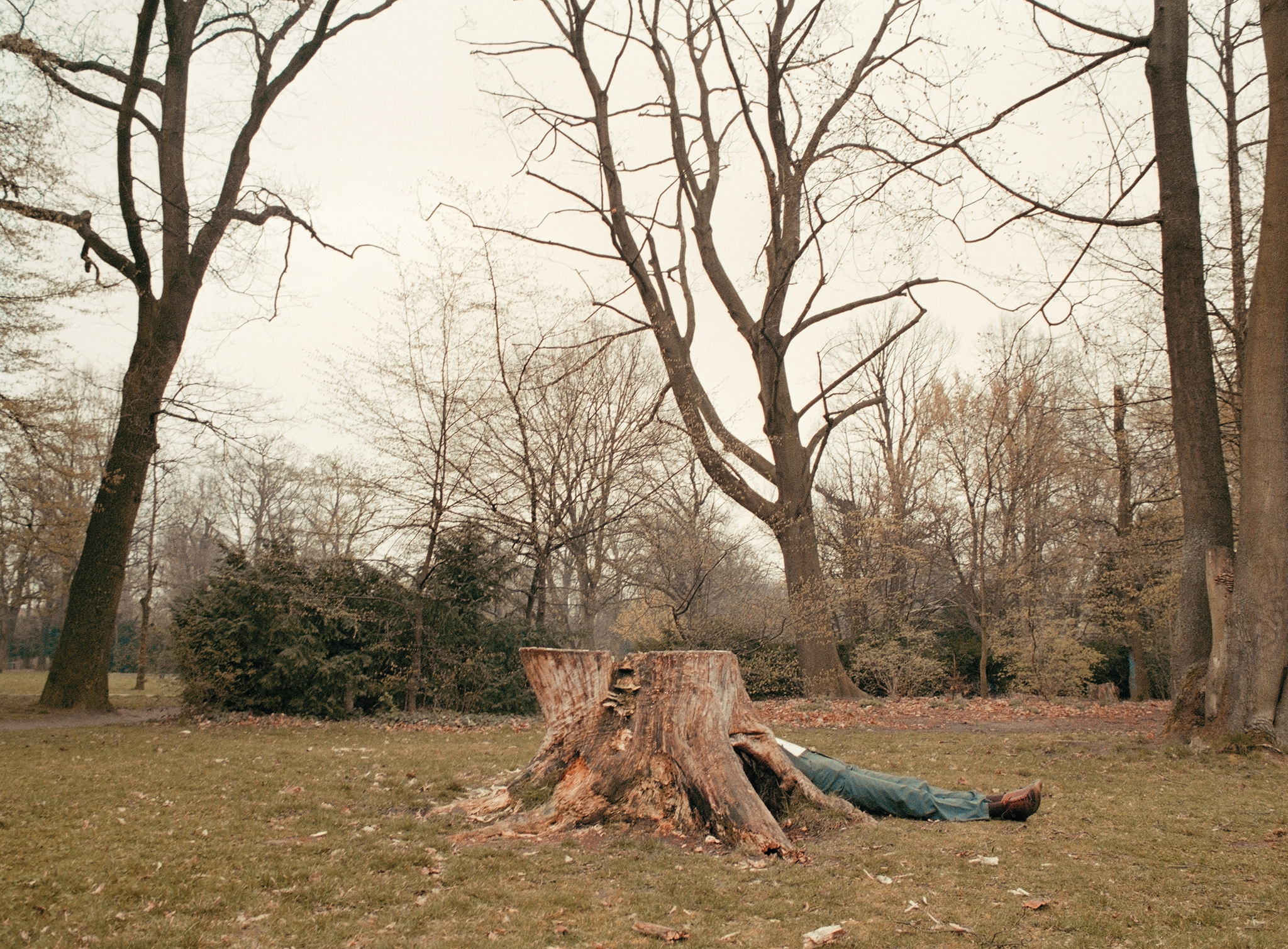



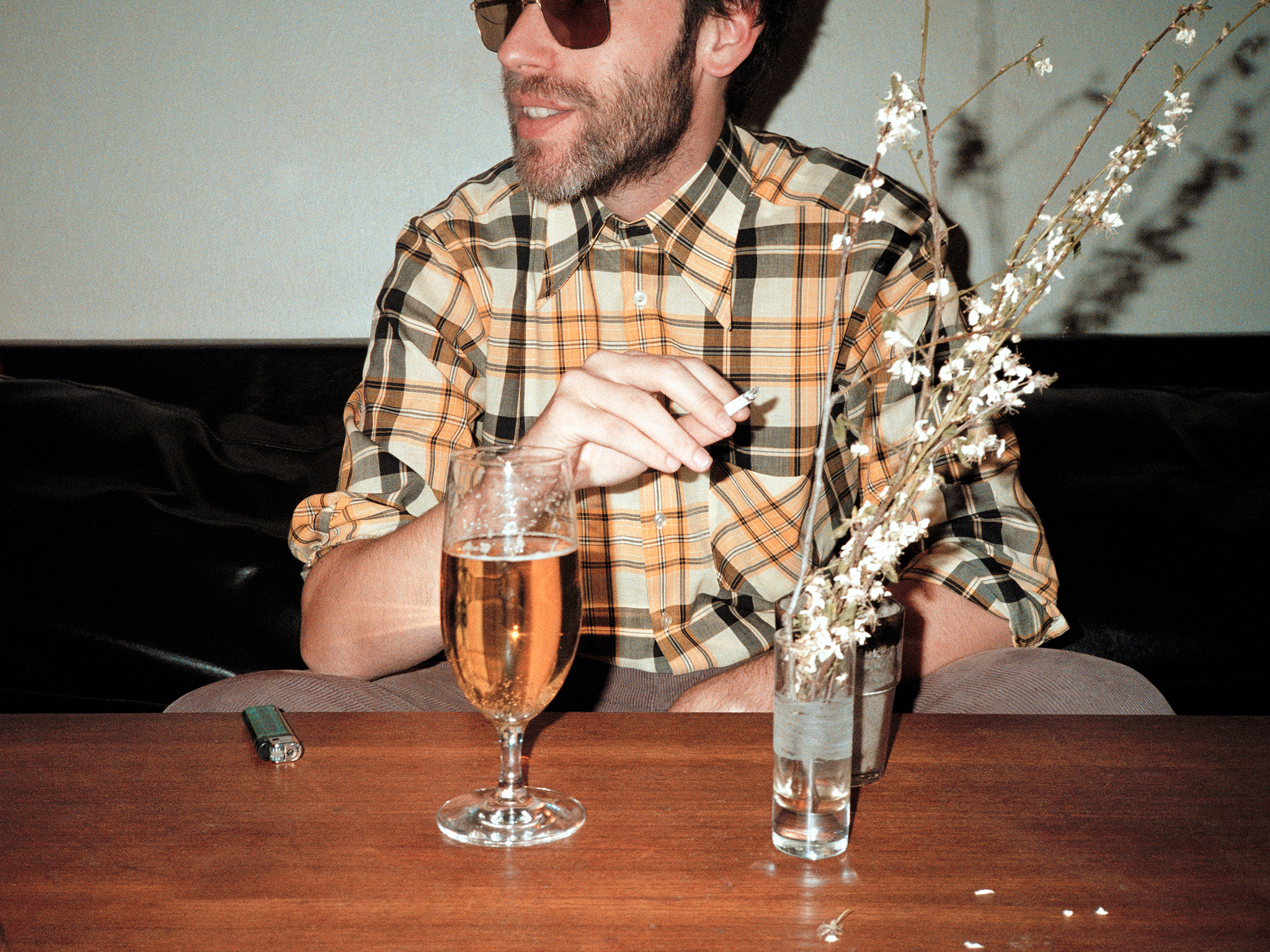
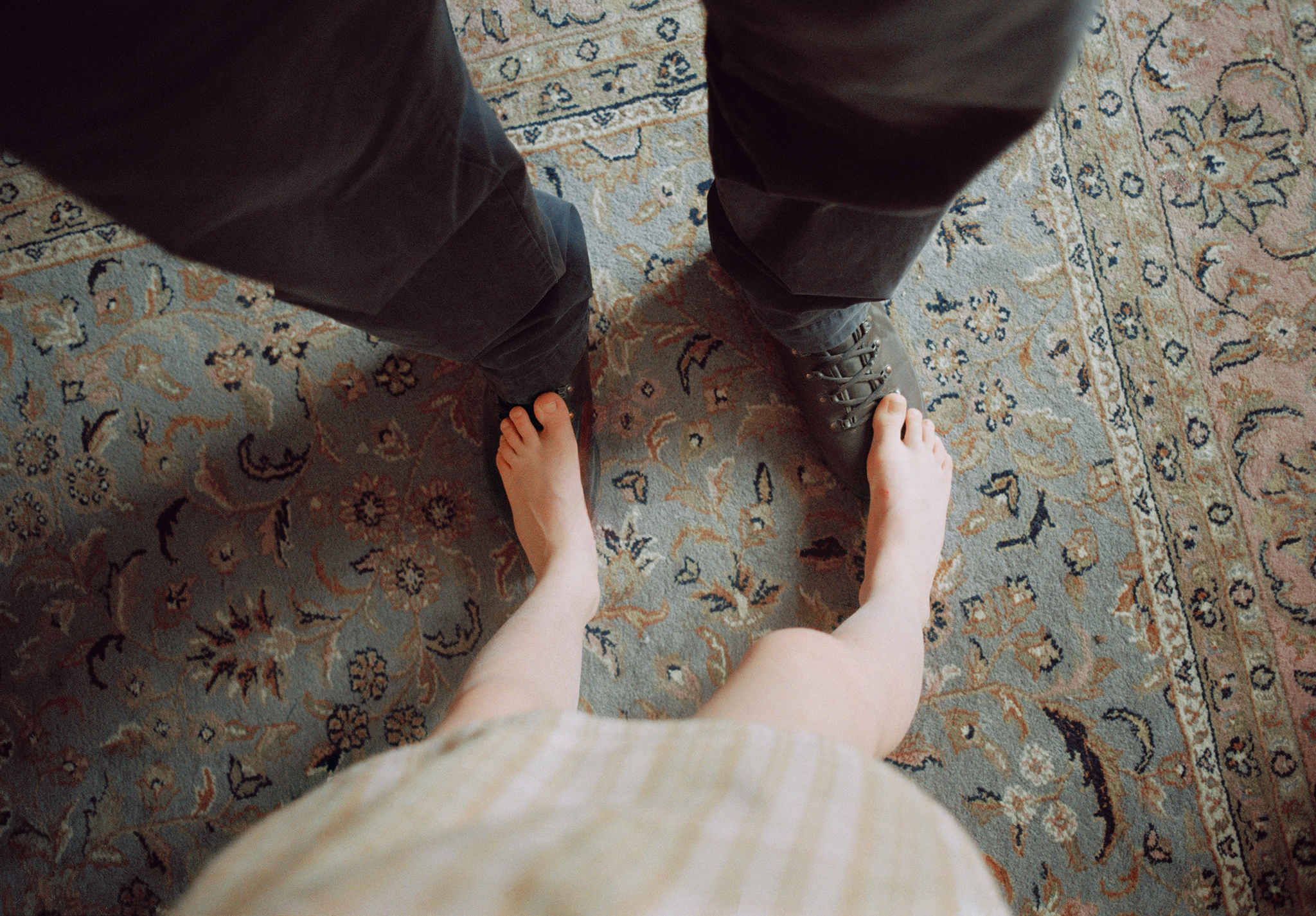
Sigmund Freud called “screen memories“ a particular kind of childhood memories. He distinguished between apparently indifferent and circumstantial childhood memories, and those which he identified as striking, important and emotionally relevant. In this process, the latter are veiled by those less significant memories, and according to Freud, this effect can be attributed to a resistance in the conscious reproduction of memories. This can lead to mistakes and falsification of those recalls.
For this project I dealt with this idea and tried to find out to which extent photography can help creating, altering or falsifying memory itself. In the series I narrate a personal conflict with my father’s absence. Our relationship ended when I was 12 years old, and some time ago I realised I never had possessed pictures from our time together. My memories of him were kind of blurred, and the fact that I couldn’t revive those shared moments through images, made it easier for those recalls to vanish and be forgotten.
Through my research, different questions about the relationship between photography and memories came out, like what happens to those memories that were not kept in pictures?; what happens when we look at a picture depicting someone who at this present time became almost a total stranger?; or can we bring back – or even change – our own feelings towards an absent person through photographs? Following this approach, I staged the memories I still have from my father in new photographs, I staged photographs I remember there was once from him or from moments with him, and I also created photographs with false memories along the way, in an attempt to see if my own memories could be refreshed or altered, as if I were provoking my own “screen memories” intentionally.
This project won the "Talents 2014" Photography Contest by C/O Berlin and the Kunstpreis Fotografie Berlin Brandenburg Lotto 2016, among other prizes & contests.
![]()
![]()
![]()
![]()
Installation shots © David von Becker, C/O Berlin
For this project I dealt with this idea and tried to find out to which extent photography can help creating, altering or falsifying memory itself. In the series I narrate a personal conflict with my father’s absence. Our relationship ended when I was 12 years old, and some time ago I realised I never had possessed pictures from our time together. My memories of him were kind of blurred, and the fact that I couldn’t revive those shared moments through images, made it easier for those recalls to vanish and be forgotten.
Through my research, different questions about the relationship between photography and memories came out, like what happens to those memories that were not kept in pictures?; what happens when we look at a picture depicting someone who at this present time became almost a total stranger?; or can we bring back – or even change – our own feelings towards an absent person through photographs? Following this approach, I staged the memories I still have from my father in new photographs, I staged photographs I remember there was once from him or from moments with him, and I also created photographs with false memories along the way, in an attempt to see if my own memories could be refreshed or altered, as if I were provoking my own “screen memories” intentionally.
This project won the "Talents 2014" Photography Contest by C/O Berlin and the Kunstpreis Fotografie Berlin Brandenburg Lotto 2016, among other prizes & contests.

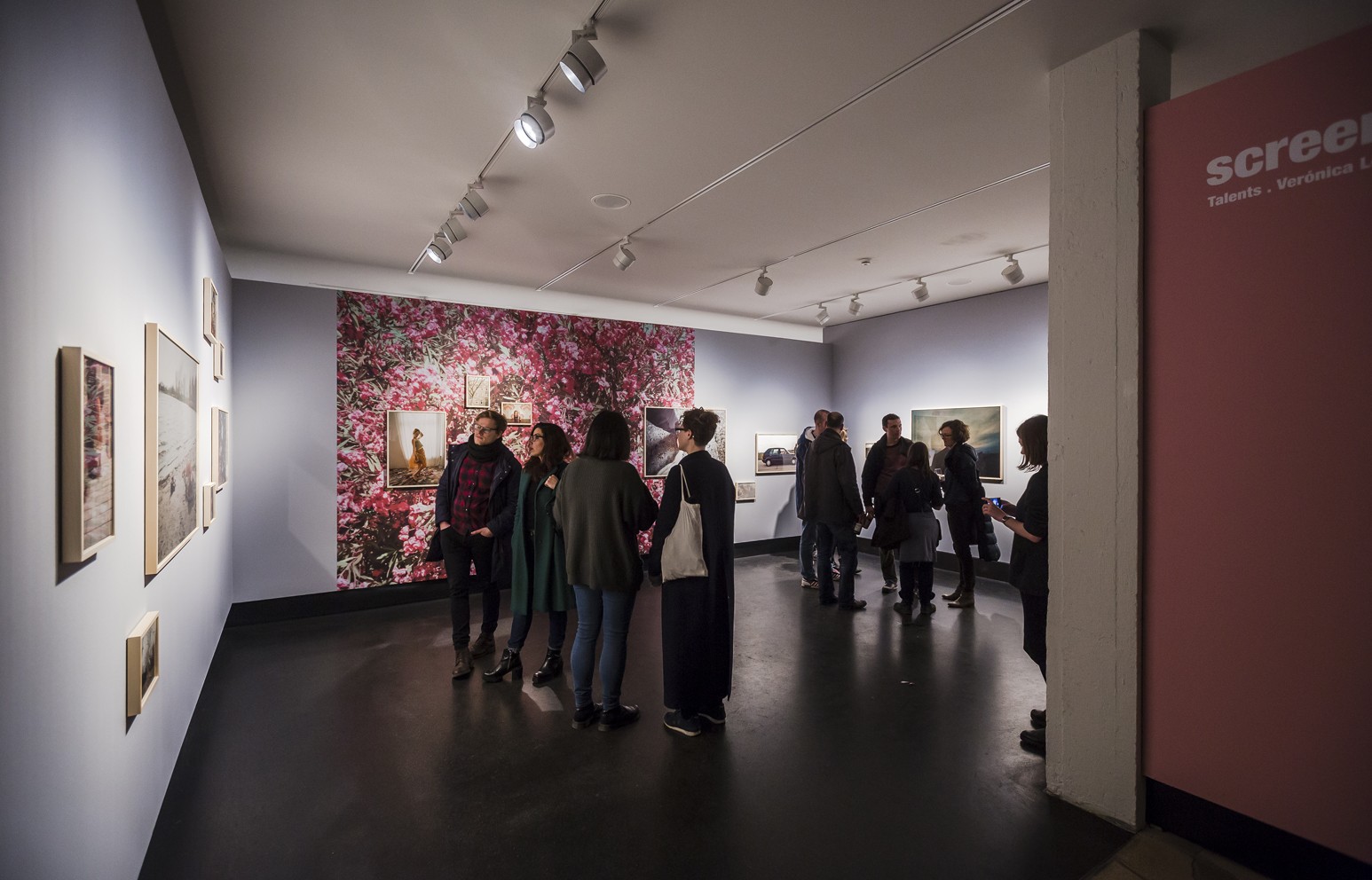

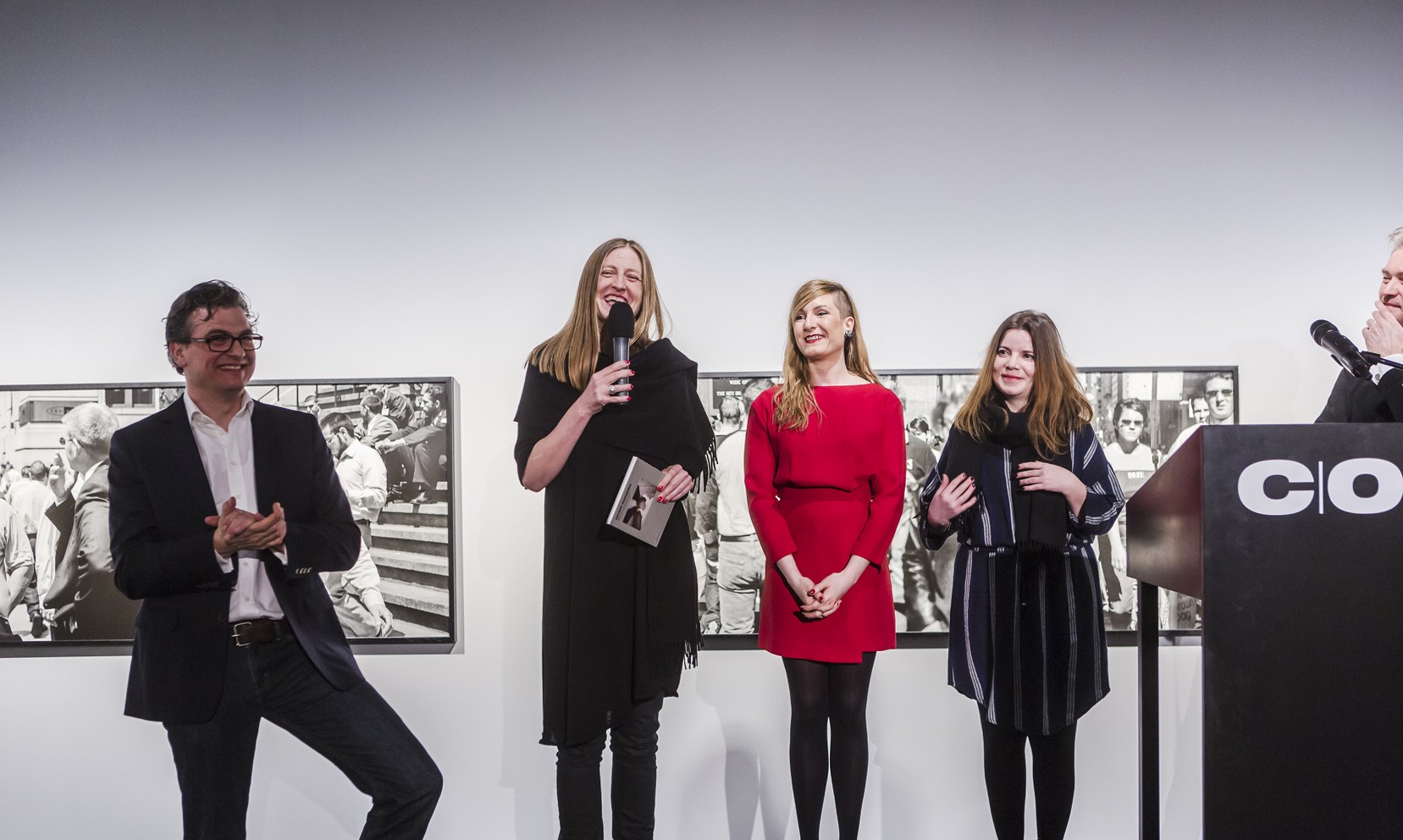
Installation shots © David von Becker, C/O Berlin
screen memories
C/O Berlin Talents 36
catalogue by KEHRER Verlag
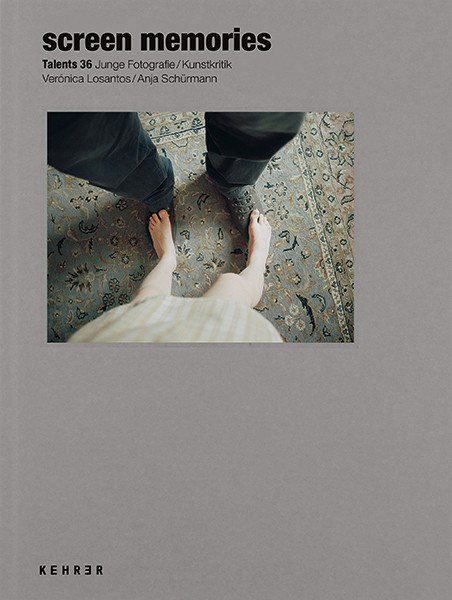
“Photography, a medium still informed by a belief in "that is the way it was," seems to be the ideal means of capturing a memory. It serves as an external basis for recollection, makes the event portrayed meaningful, and also documents the fact that something is worthy of being remembered at all. Yet how reliable is photography in conveying memory? How can this topic be presented photographically, and how can the process of remembering be examined artistically? In her series screen memories, Verónica Losantos processes her own incomplete memories of her absent father. According to Sigmund Freud, these so-called screen memories are an attempt to overcome our unconscious resistance when reproducing the content of memory. Losantos makes artistic use of this method by re-enacting missing memories photographically. Blending reality with fiction, and leaving the interpretation up to the viewer, Verónica Losantos calls the traditional criteria of the truth of photography into question.”
25€ + shipping
︎ ORDER HERE



Installation shots © Albrecht Haag, Deutsche Börse Photography Foundation